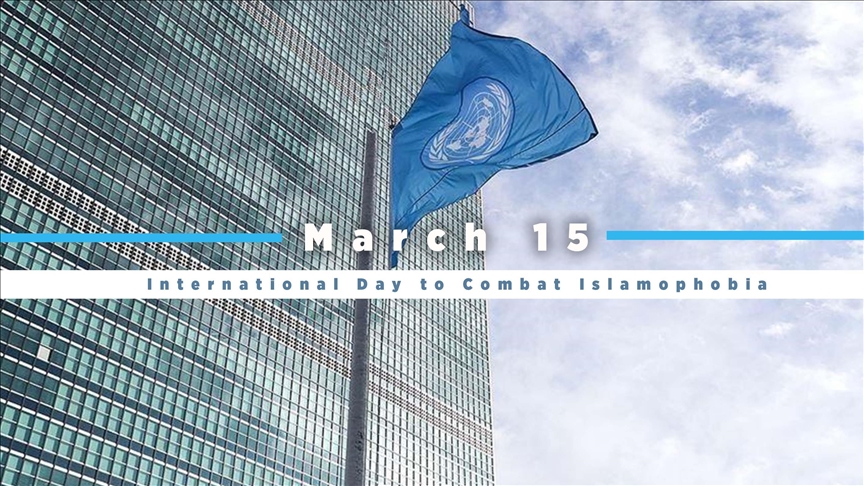
15th March 2023: UN International Day to combat Islamophobia
As the world becomes more interconnected and diverse, it’s important to recognise and combat forms of discrimination that continue to harm marginalised communities. One such form of discrimination is Islamophobia, which refers to prejudice and hostility towards Muslims. Today on March 15th, the world observes the UN International Day to combat Islamophobia, an initiative aimed at raising awareness about the impact of anti-Muslim discrimination worldwide. In Ireland, Islamophobia is a growing concern, as highlighted by Dr James Carr, a researcher at the University of Limerick, who has conducted extensive research on the rise of Islamophobia in Ireland.
According to Dr Carr, Islamophobia in Ireland is a relatively recent phenomenon, with anti-Muslim sentiment largely absent before the turn of the century. However, in the past decade, there has been a significant increase in incidents of discrimination and hate speech targeting Muslim individuals and communities. Imam Ihab Ahmed of Blarney street Mosque in Cork was physically assaulted in 2016 during Ramadan when he was waking to his car with his wife. Dr Amanullah De Sondy, senior lecturer at UCC, said in 2021 that the level of racist and islamophobic hate he is experiencing is increasing.
The ongoing housing crisis in Ireland has created a sense of anger and frustration among many people who struggle to find affordable accommodation. Unfortunately, this anger is sometimes exploited by far-right groups who scapegoat minorities, especially refugees and migrants, as the cause of the crisis. This dangerous rhetoric also fuels prejudice and discrimination such as Islamophobia, and also diverts attention from the real causes of the housing crisis and undermines efforts to find constructive solutions.
While the problem of Islamophobia is concerning, there have also been positive developments in recent years, such as the Eid celebration held in Croke Park in the past three years. The event sends a powerful message of inclusion and acceptance to Muslims throughout the country. Initiatives like the Croke Park Eid celebration are crucial in promoting understanding and challenging negative stereotypes about Muslims in Ireland. By creating opportunities for people to come together and celebrate their differences, we can help build a more inclusive and accepting society.
Education and awareness-raising initiatives are critical in promoting understanding and challenging negative attitudes towards Muslims. This includes efforts to educate the public about the diversity of Muslim communities and the contributions they make to Irish society. Many Muslim individuals and organisations in Ireland are working to promote dialogue and understanding, and initiatives such as open mosque days and interfaith events can help foster positive relationships between communities.
Politicians also have a responsibility to promote inclusion and diversity and create policies that support and empower marginalised communities. In 2018, the Irish government launched the “Migrant Integration Strategy” which aims to combat discrimination and promote integration of all migrant communities, including Muslim communities. The strategy includes a range of measures to address Islamophobia, such as providing anti-racism training to public sector workers, promoting cultural awareness and diversity, and supporting interfaith dialogue initiatives.
In conclusion, the International Day against Islamophobia is an important opportunity to raise awareness about the impact of anti-Muslim discrimination worldwide. While Ireland is not immune to the problem, initiatives like the Croke Park Eid celebration demonstrate that there is also cause for optimism. By working together to promote understanding and combat negative attitudes towards Muslims, we can create a more inclusive and accepting society for all.
By: Shaykh Dr Umar Al-Qadri
